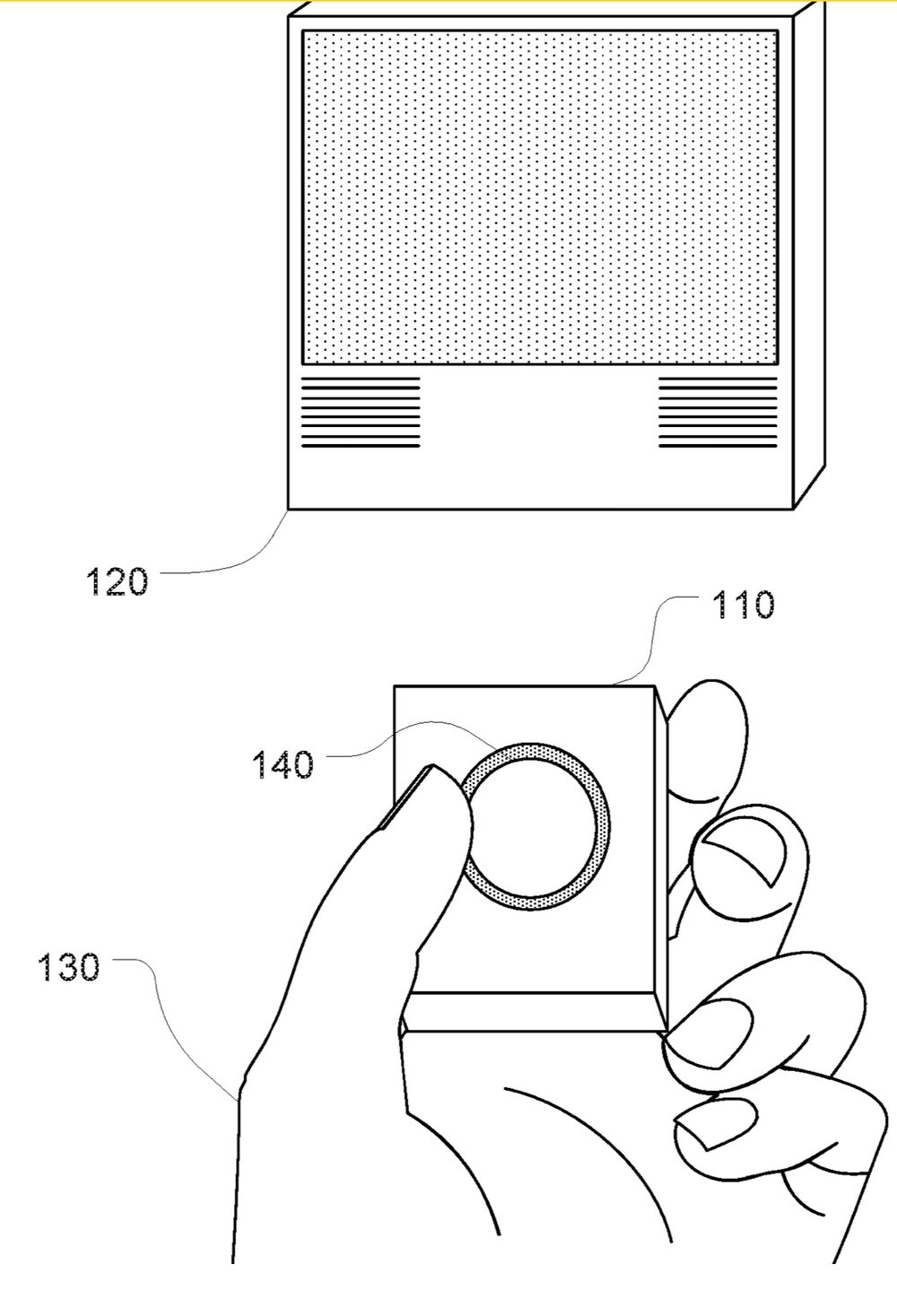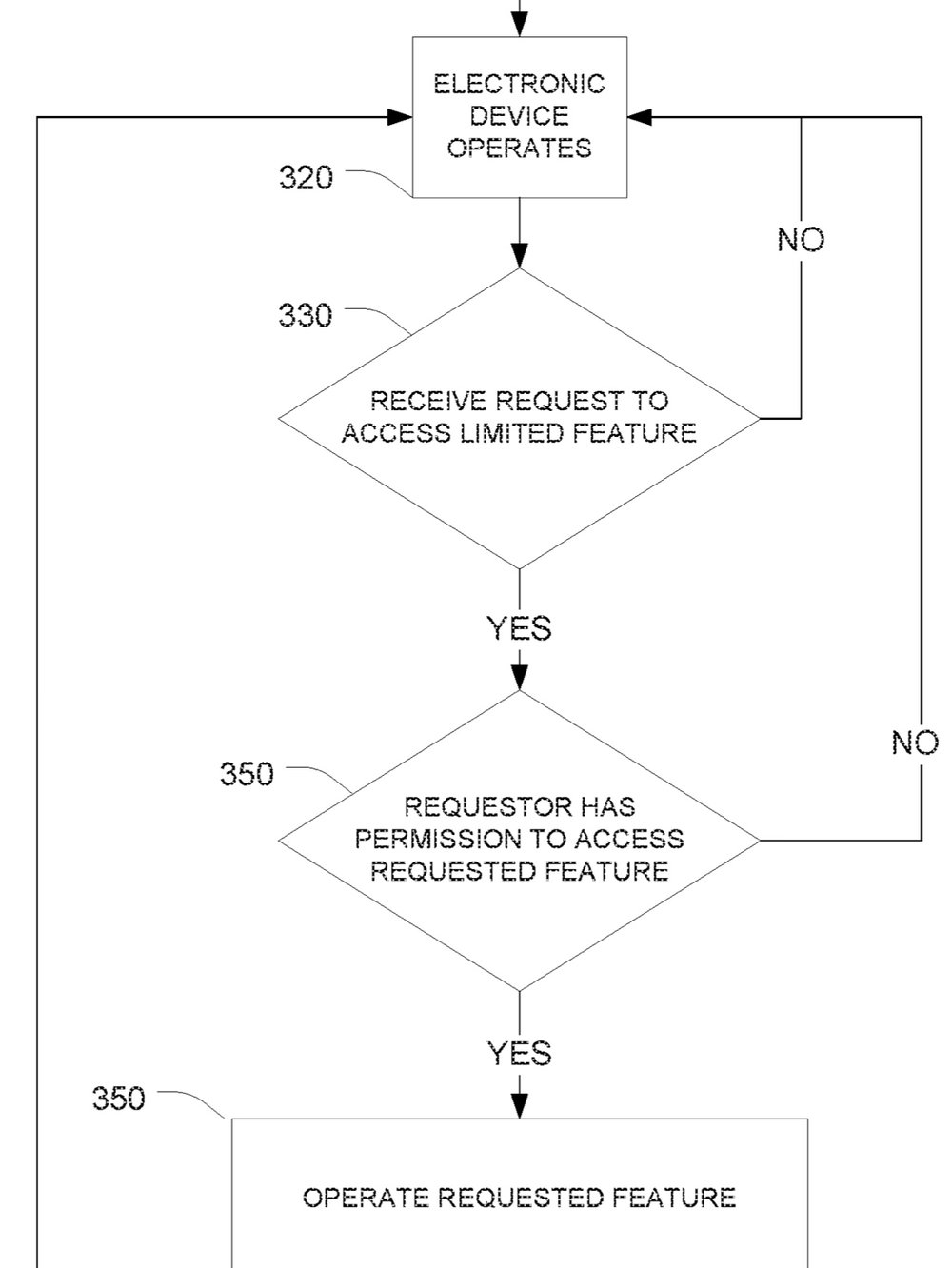Apple has filed for a patent (number 20170256110) for “electronic device operating using remote user biometrics” that talks of aSiri Remote for the Apple TV that sports Touch ID or some sort of biometric identification. It also hints at smart home devices with such tech.
In the patent filing, Apple notes that electronic devices often have a lot of manually controllable features and settings that users may modify from time to time. For example, a television may include operational controls such as power, volume, channel, screen brightness and so on.

Other electronic devices such as thermostats may include controls that operate air conditioners, heaters, and fans. Other examples of electronic devices with manually controllable features and settings may include laptop and desktop computers, smart phones, tablet computers, home automation controllers, security systems, vehicles, appliances, televisions, set top boxes, and so on.
Manually controllable features of electronic devices may provide a personalized experience for a user. However, Apple says that many electronic devices may be intended to be enjoyed by multiple users. For example, multiple members of a household may share a single television. In many cases, preferences may differ from user to user.
In some examples, alterations to electronic device settings made by a first user may diminish the quality of the experience of a second user. What’s more, some electronic devices may include features or options inappropriate for some users to modify or enable.
In many cases, electronic devices may include access limitation features such as passcodes or passwords to prevent inappropriate modification of settings. For example, a television may require a passcode to tune particular channels. In still other examples, a home security system may require a password to cancel a false alarm.
Apple says that remembering and correctly communicating passwords or passcodes to enjoy limited access features of electronic devices may diminish the quality of the experience of an authorized user. In certain cases, the user may be additionally frustrated when directed to enter a passcode or password via a small remote control or a compact input panel.

A user with limited access may undesirably obtain passcodes or passwords to access features that he or she isn’t permitted to enjoy. What’s more, if a password or passcode is lost, forgotten, or discovered, a “time-consuming and burdensome re-authorization process” may be required of a previously authorized user.
Apple says that what is needed is an electronic device having improved limited access features.
Here’s Apple’s summary of the invention: “An electronic device having at least one operational setting, such as a power setting, with at least a first state and a second state. The electronic device may also include an access controller that can receive state data and authorization data from an external source such as a remote control. The access controller may enable a state of the operational setting upon receipt of proper authorization data received from or related to the output from at least one biometric sensor associated with the remote control.”
Of course, Apple files for — and is granted — lots of patents by the U.S. Patent & Trademark Office. Many are for inventions that never see the light of day. However, you never can tell which ones will materialize in a real product.
